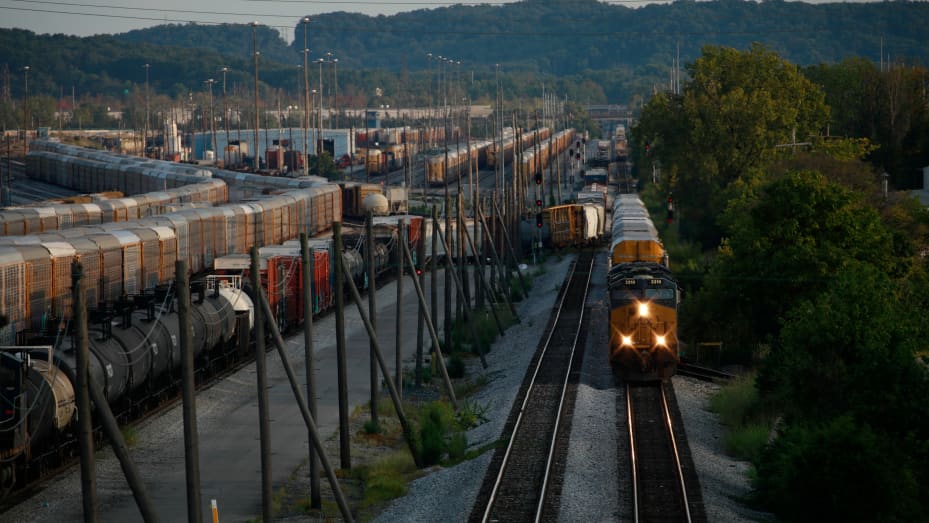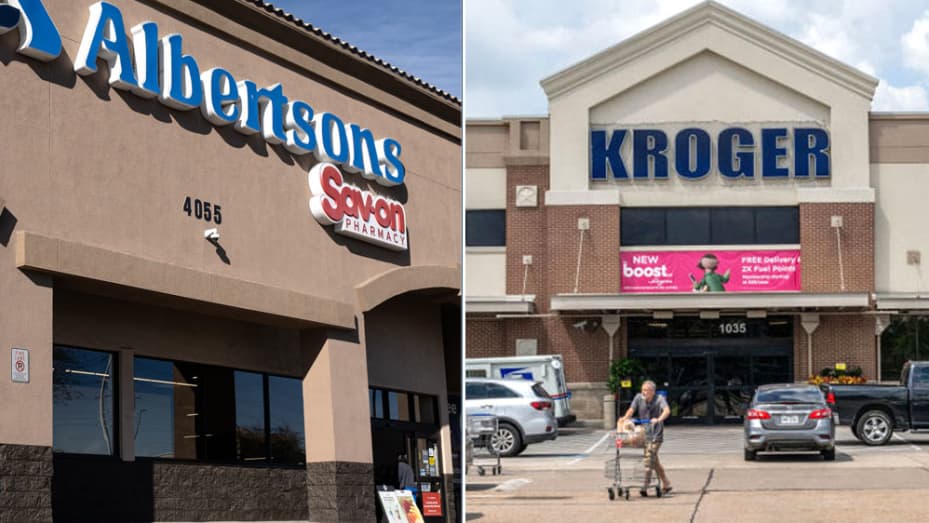


Here are the most important news items that investors need to start their trading day:
Federal Reserve Chair Jerome Powell is scheduled to speak at the Brookings Institution today, and investors will be listening for any clues on whether the central bank will slow or stop interest rate hikes. After four straight 0.75 percentage point increases to tame high inflation, many expect a smaller 0.5 percentage point increase at the Fed’s meeting next month. A pause in rate hikes, or a pivot, would likely send markets higher. Stock futures were up ahead of Powell’s speech and as the market awaited other economic data expected Wednesday, including the ADP private payrolls report and the Job Openings and Labor Turnover Survey.

As the electric vehicle market gets more crowded, Tesla’s dominance in the U.S. is eroding. The company’s cars accounted for 65% of new registered electric vehicles through the third quarter, down from 71% last year and 79% in 2020, according to S&P Global Mobility. By 2025, the firm forecasts that figure will drop to less than 20%. Despite the declines, Tesla’s sales volume is still expected to increase in coming years as EVs grow in popularity. And there’s plenty of room for growth. Right now, electric models account for just 5.1% of the more than 10 million vehicles registered in the U.S.

Congressional leaders are moving to adopt a tentative contract agreement for rail workers ahead of a strike deadline next month. President Joe Biden had called on Congress to intervene after talks stalled between railroads and four unions over paid sick days. Biden has said he’s reluctant to override the unions’ vote against the contract, but that a rail shutdown would “devastate” the economy. The House is expected to take up legislation to adopt an agreement Wednesday. Senate Majority Leader Chuck Schumer, a New York Democrat, has promised swift action in the Senate as well.

The chief executives of two grocery companies faced a series of questions at a congressional hearing about how their proposed merger might alter the competitive landscape and the prices that consumers pay at the store. Lawmakers noted that the proposed deal comes at a time when groceries are taking up more of American families’ budgets, with inflation driving up prices of everyday items. Kroger and Albertsons’ leaders said combining their companies will help their ability to lower food prices and stay competitive as the industry undergoes dramatic changes. “The best way to compete with mega stores like Walmart and highly capitalized online companies like Amazon will be through a merger with Kroger,” Albertsons CEO Vivek Sankaran said at the hearing.

Lawyers for crypto lender BlockFi expressed optimism that the firm is in a good position to salvage its business. A day after filing for Chapter 11 bankruptcy protection, BlockFi lawyers said at a court hearing Tuesday that the company plans to reopen withdrawals as part of an effort to “maximize client recoveries.” The company’s collapse was precipitated by exposure to Alameda Research, the FTX trading arm that borrowed hundreds of millions of dollars from BlockFi, and to Three Arrows Capital, which filed for bankruptcy protection in July. Exposure to both firms prompted client withdrawals, but lawyers said it was FTX’s plan to acquire BlockFi that ultimately led it into bankruptcy proceedings.
— CNBC’s Carmen Reinicke, Michael Wayland, Lora Kolodny, Lori Ann LaRocco, Melissa Repko, Rohan Goswami and MacKenzie Sigalos contributed to this report.
— Follow broader market action like a pro on CNBC Pro.
